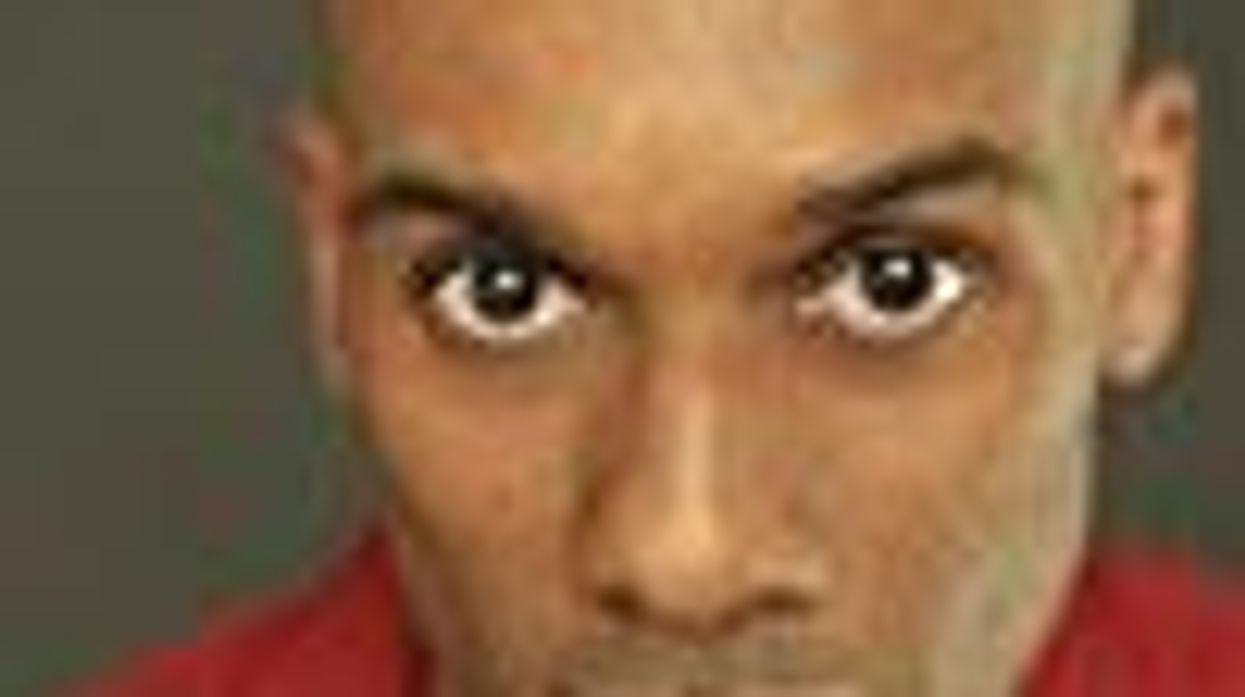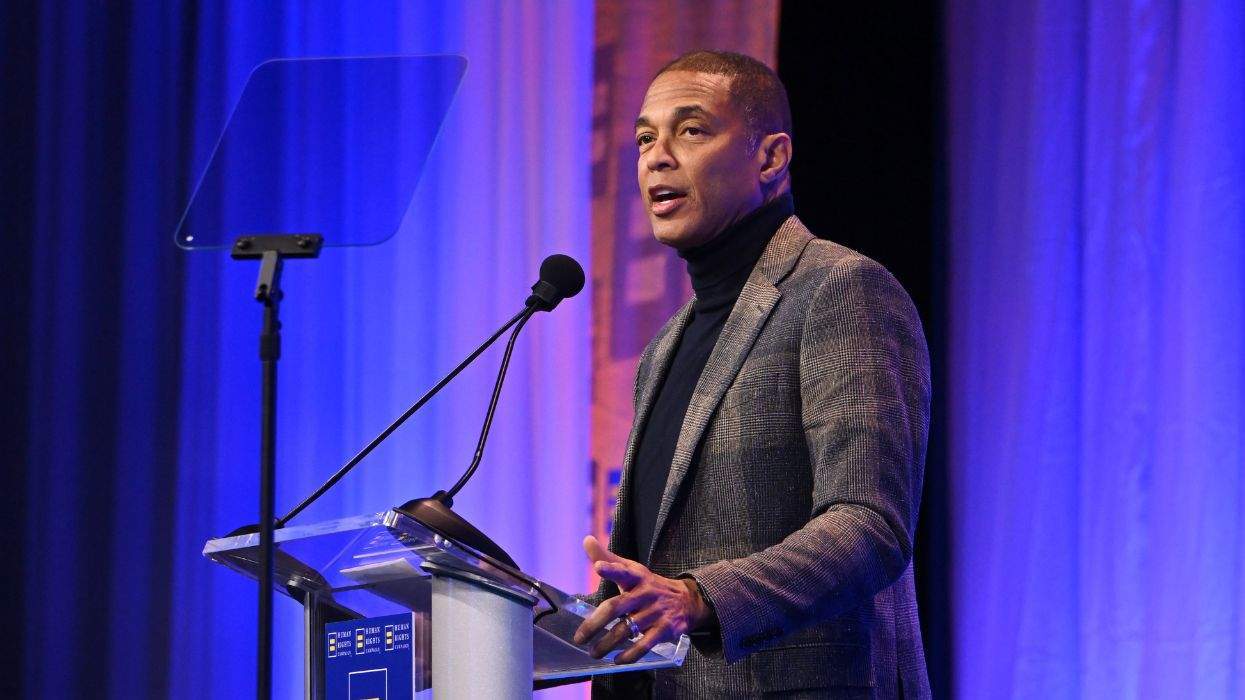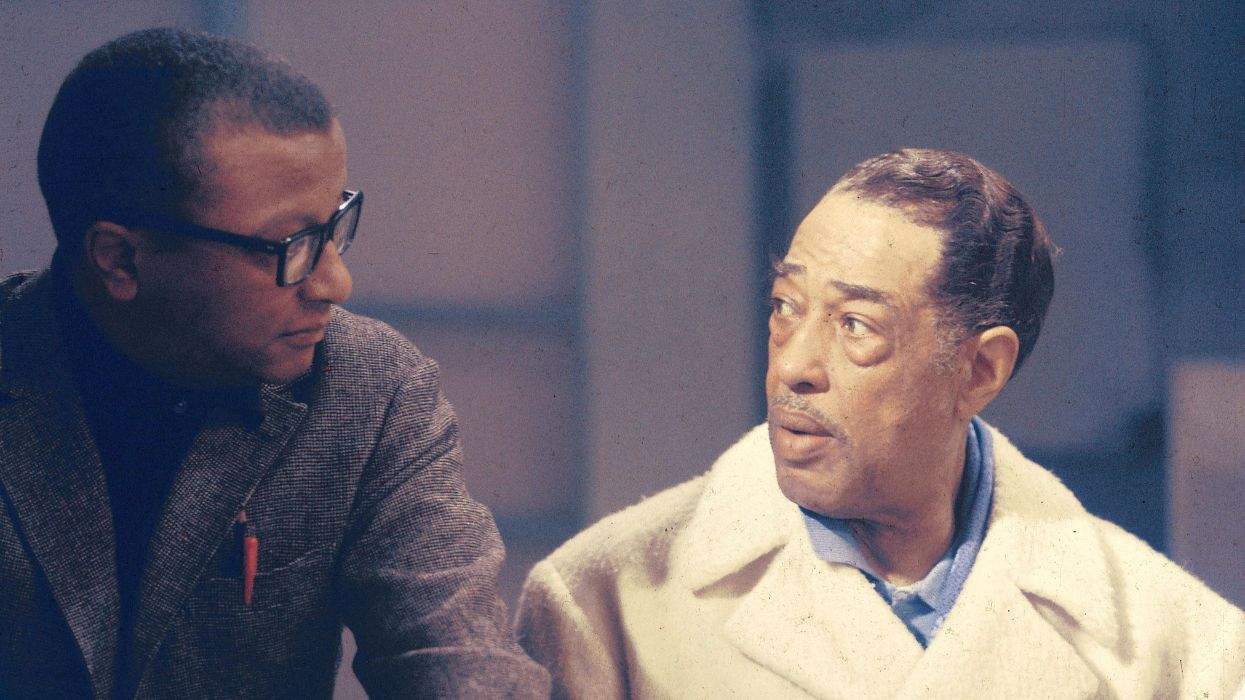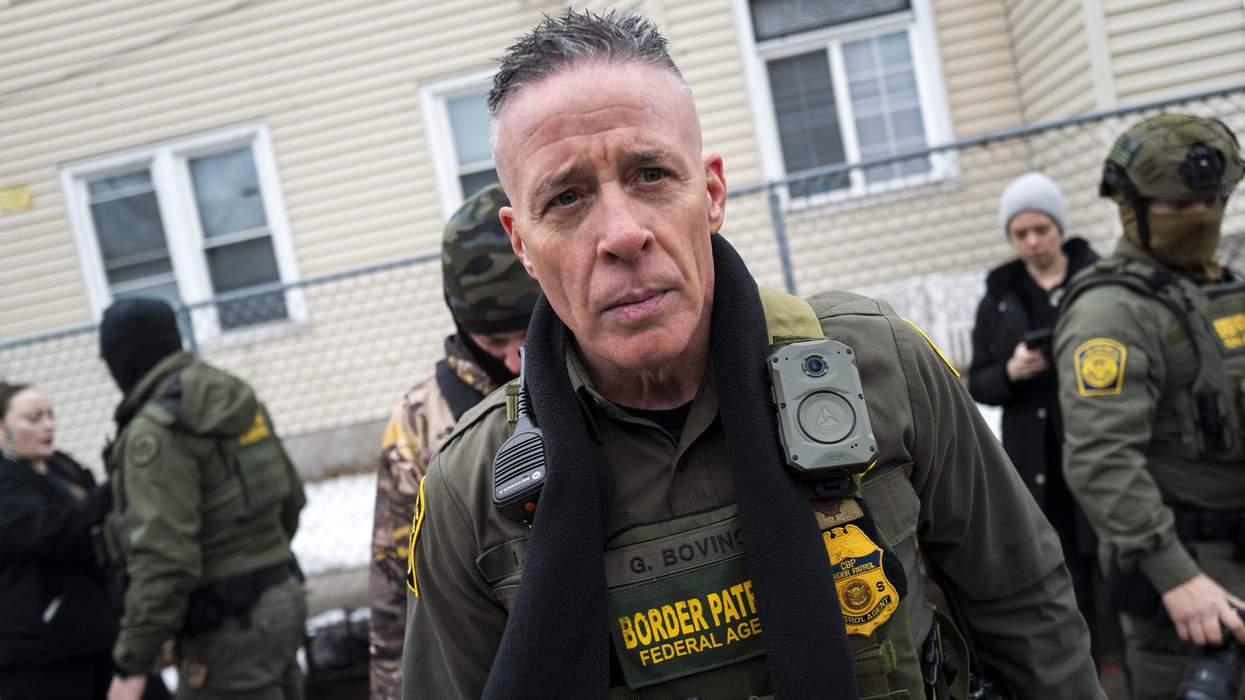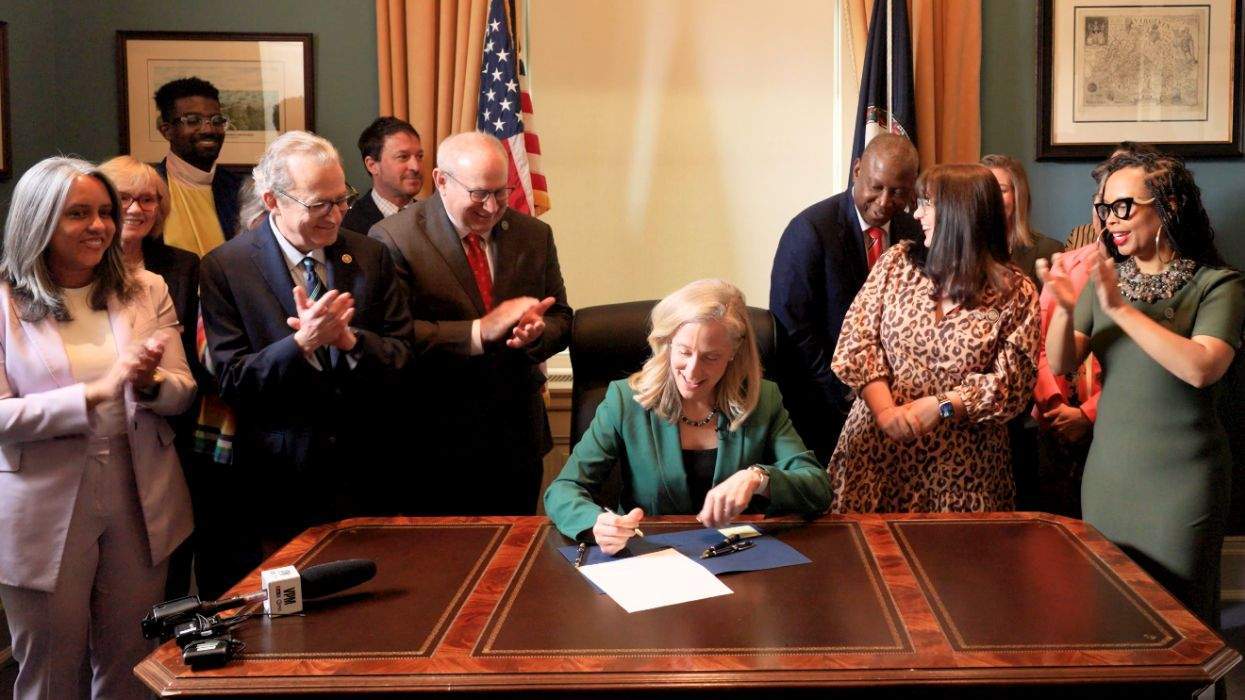It's official. Bloggers have power. The recent defeat of Sen. Joe Lieberman in the Connecticut primary reminded big media that bloggers can help influence elections. But there's another message about the power of the Internet that hasn't been as widely discussed.
Ever since MoveOn.org started raising money to promote a progressive agenda and Howard Dean raised millions of dollars on the Internet for his 2004 campaign, the media have been paying attention to the power of the World Wide Web as a political organizing tool. But perhaps nowhere has that been more evident than in the gay blogosphere.
In recent years, LGBT bloggers like Andrew Sullivan, Doug Ireland, Michael Petrelis and Michael Rogers have had a major impact on public discourse, both nationally and internationally. Rogers, for example, has used his Web site, BlogActive.com, to out closeted public officials who threaten the gay community. U.S. Rep. Edward Schrock, R-Va., left Congress because of Rogers' disclosure, and Pennsylvania GOP Sen. Rick Santorum's aide, Robert Traynham, a black gay man, became another target. (Perhaps that explains why Santorum signed onto a recent gay-friendly anti-discrimination letter -- before he retracted his position later.)
The bloggers' movement has even helped to awaken the once-dormant black LGBT community from its slumber. A year ago around this time, my colleague Jasmyne Cannick and I launched a controversial weeklong blog campaign that threatened to "out" homophobic black ministers. We never actually outed anyone, but we did draw attention to the homophobes in our midst. Merely asking the question, "Who is gay?" was enough to send shock waves through the black church community. And they're still talking about it.
The past few months have been particularly active for black LGBT bloggers. Bloggers helped to expose a raw sex party in New York where condoms were prohibited even if people wanted to use them. They put pressure on a black newspaper in Baltimore that refused to run an ad from the National Black Justice Coalition, the only national black LGBT civil rights organization. And they helped publicize the news of the homophobic attack on singer Kevin Aviance.
Most notably, bloggers led a successful campaign to block two anti-gay recording artists, Beenie Man and TOK, from performing at an AIDS benefit concert put on by LIFEbeat, the music industry's AIDS charity. Dozens of LGBT blogs joined together for that campaign.
Bloggers have also helped to spark a broader new activism and political awareness in the black LGBT community. Bestselling novelist E. Lynn Harris focused his most recent book on the decidedly political issue of homophobia in the black church. A group in Chicago led a protest of anti-gay rapper DMX when he came to town. And residents of Chicago called a local black radio station to complain after the station refused to allow singer Jody Watley to talk about her performance at the Gay Games in July.
Bloggers like Cannick, Pam Spaulding, Terrance Heath, Rod McCullom and I have been at the visible forefront of this new movement, but there are dozens of other black LGBT bloggers out there who are just as engaged. They've been writing about black gay TV shows like Noah's Arc and talking about black LGBT politics in their own communities.
The bloggers didn't start the cultural and political awareness in our community, but they have made it easier for people to find out what's going on. While the traditional media are still slow to cover certain stories, the blogosphere has quickly filled the void. In a world where knowledge is power, that's an amazing tool to have in your possession.
